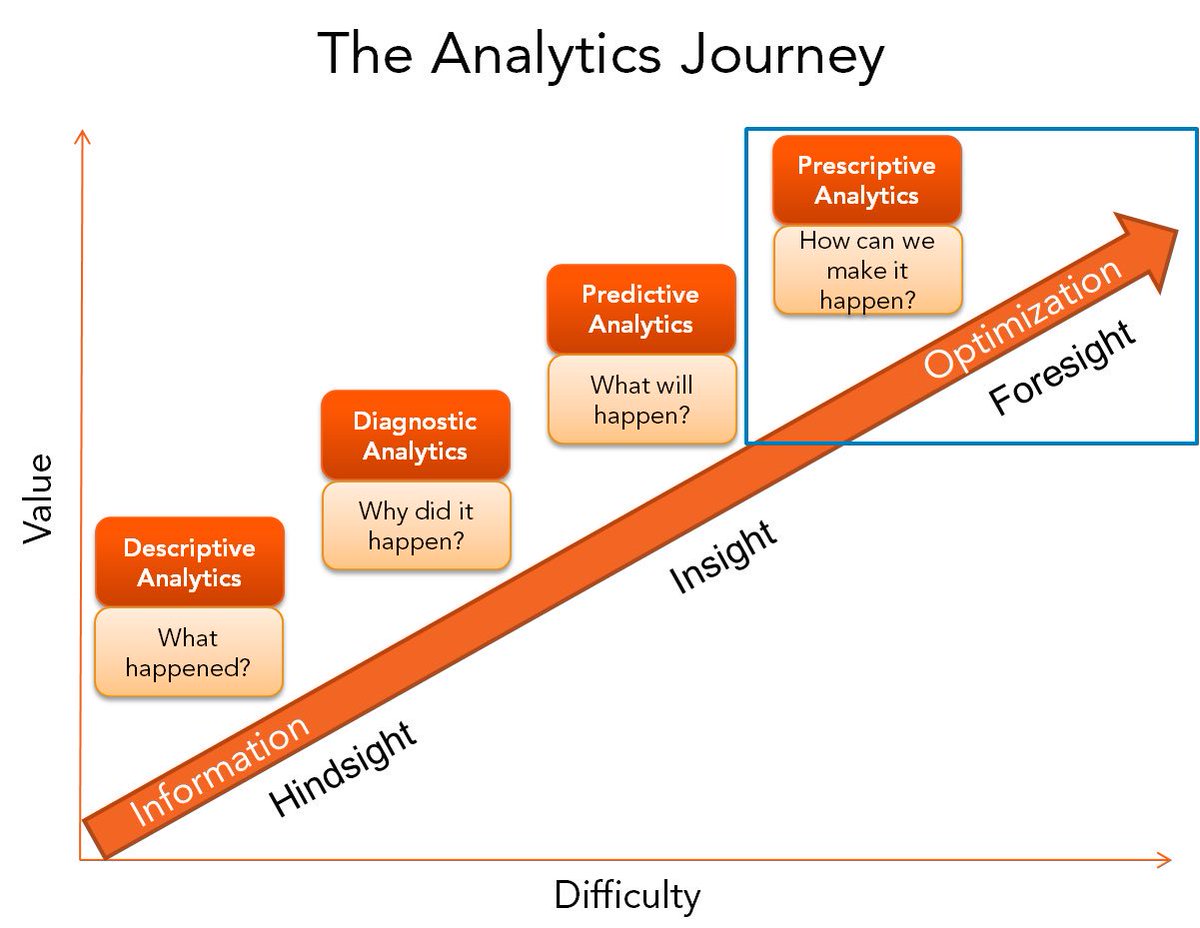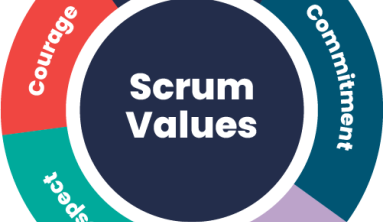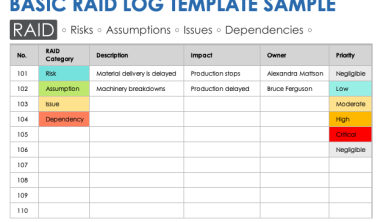I’ve really learned to appreciate the nuanced differences between foresight, insight and hindsight especially when it comes to growing new ventures. Together these three words make up the spectrum of skills any entrepreneur or team needs to have to survive and prosper. Moving ideas into action, managing a growing venture or organization with precision, and then continuously learning and improving are the attributes that combine for success. Whether in private industry, non-profit or governmental service, the equal measure of these three equals wisdom. And that usually leads to success. True business wisdom is not age-based. In fact, this trifecta can be learned at any age. Understanding each and where you are in the cycle is what’s important.
Hindsight is the ability to learn from the past. Insight is the ability to interpret and respond to the present and foresight is the ability to predict and prepare for the future.
Real entrepreneurs often have incredible foresight, the ability to see ahead of the pack and around trees whether it be a new software application, consumer service or significantly improving what already exists in any sphere. You can practice foresight, and many do as is mentioned below, but more often than not, it’s a gift given to individuals. Seeing what’s over the horizon is the rarity that only a chosen few will possess.
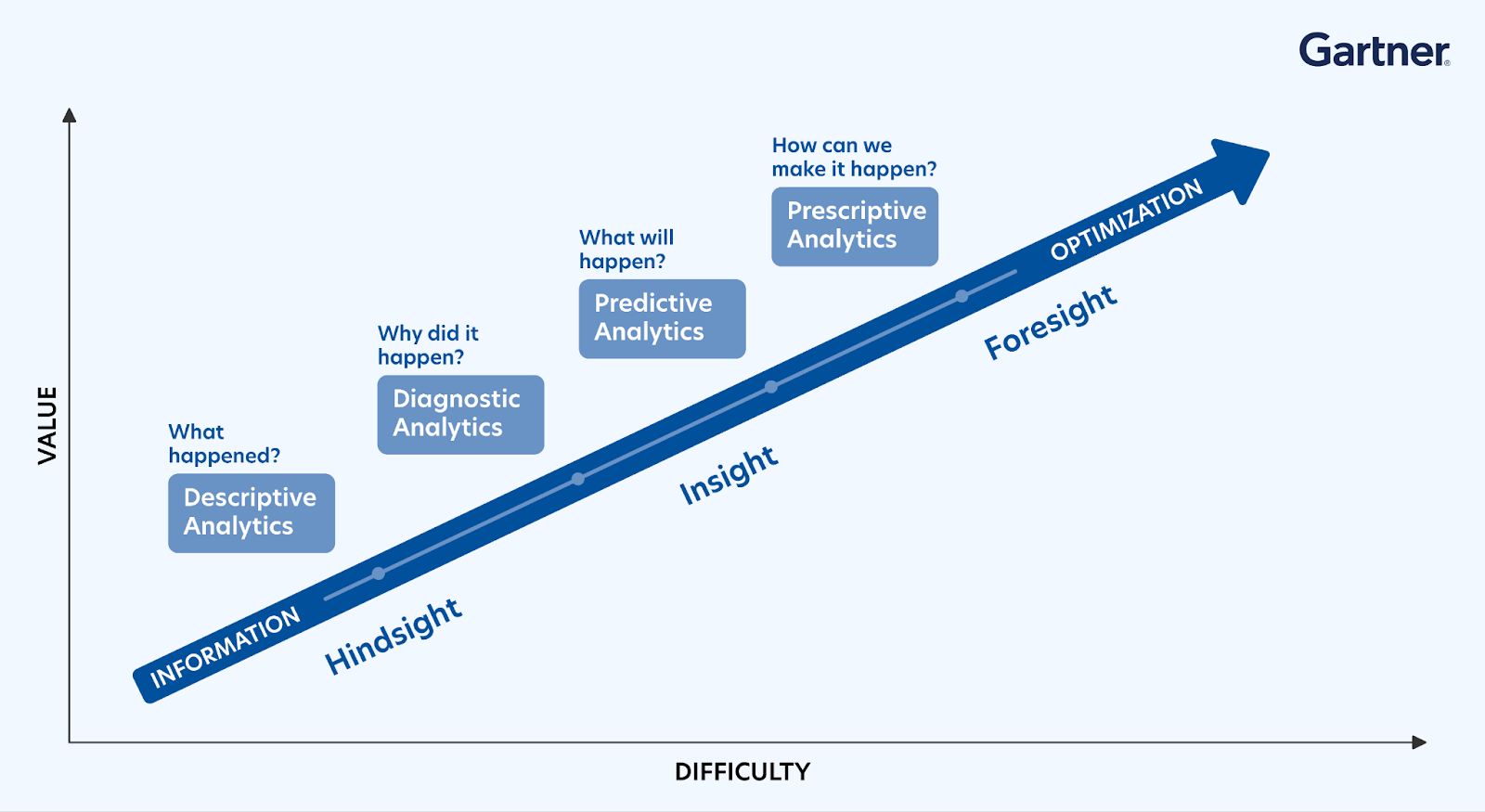
Yet ideas without activation are worthless. An idea without execution is not foresight. Convincing others to join in on the fun and opportunity, be they investors, colleagues or customers, is what’s required to move ideas into action. And then, thinking ahead and knowing how to plan for it is what separates the winners from the losers. This usually requires a team.
Brilliant managers usually possess uncanny insight skills and the ability to see how an existing organization of any size can improve through analysis or experience with people, delegation and an aptitude for efficiency. Helping to fit or expand current resources to meet the visionary expectations of the foresight is critical to insight. What’s needed? What’s working for customers or not and why? Is our business model correct and can we finance our growth? Adjusting analytics and the operations to maximize the opportunity – that’s insight. What they may lack in foresight, strong internal leaders with insight focus their attention on persistence, the bottom line and communicating the importance of planning and execution. Insight makes it all work and smartly growing enterprises have it in spades. It’s a learned skill more than a gift and the best operators display continuous discipline. Most ideas and new ventures fall short because of the lack of execution and a dearth of true operators.
Understanding what previously went wrong or right and then applying it to the current situation is the true definition of hindsight. Now there’s 20/20 hindsight that is useful if applied correctly. But why do many lack hindsight? First, there’s the common “CYA” cover yourself hindsight that is dished out in an “ I told you so” way. This is always unhelpful and indeed poisonous because it slowly creeps into organizations and kills true-spirited action and entrepreneurialism. Second, many young entrepreneurs lack hindsight simply because they haven’t had enough time to acquire it. Smart entrepreneurs hire experience as much as youthful exuberance. Third, heavy turnover of staff, common in many tech companies, is another culprit. And, in high flying companies, just not enough time goes by to learn through hindsight. Fourth, the fear of exposing learnings and simply taking the time to develop hindsight is another and many larger companies have repositories of hindsight that are never properly mined. This shortchanges the company, especially the junior players looking to accelerate their knowledge.
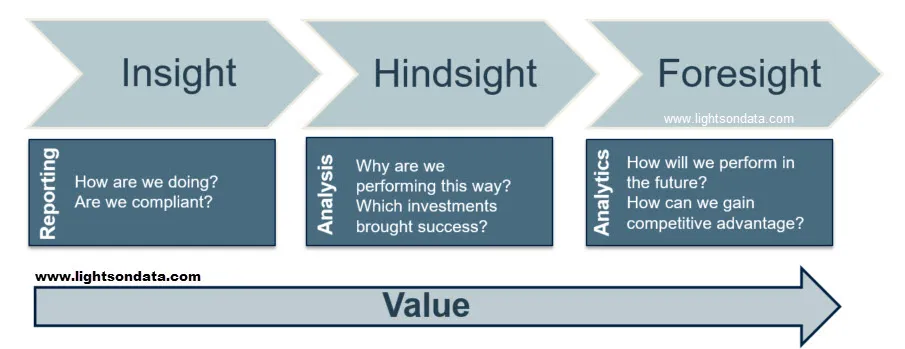
Ironically, hindsight often creates foresight and this is how organizations, not just individuals, can create it. One builds the future while the other examines the past. Real entrepreneurs and operators need both to propel their ideas and organizations forward. But without insight and the daily gear grinding required for one to become the other, then little to nothing would get accomplished.
Look around and consider whether one of these three “secret” ingredients is missing from your personal or company playbook. You may possess only one of these three, but that’s what a team is intended to do. Foresight, insight and hindsight must be applied collectively. If not, anything new will needlessly burn precious resources without the benefit of lessons learned and everything old will fall into a state of inertia. Then, apply each of the three often and liberally.
Ronald C. Pruett, Jr.
